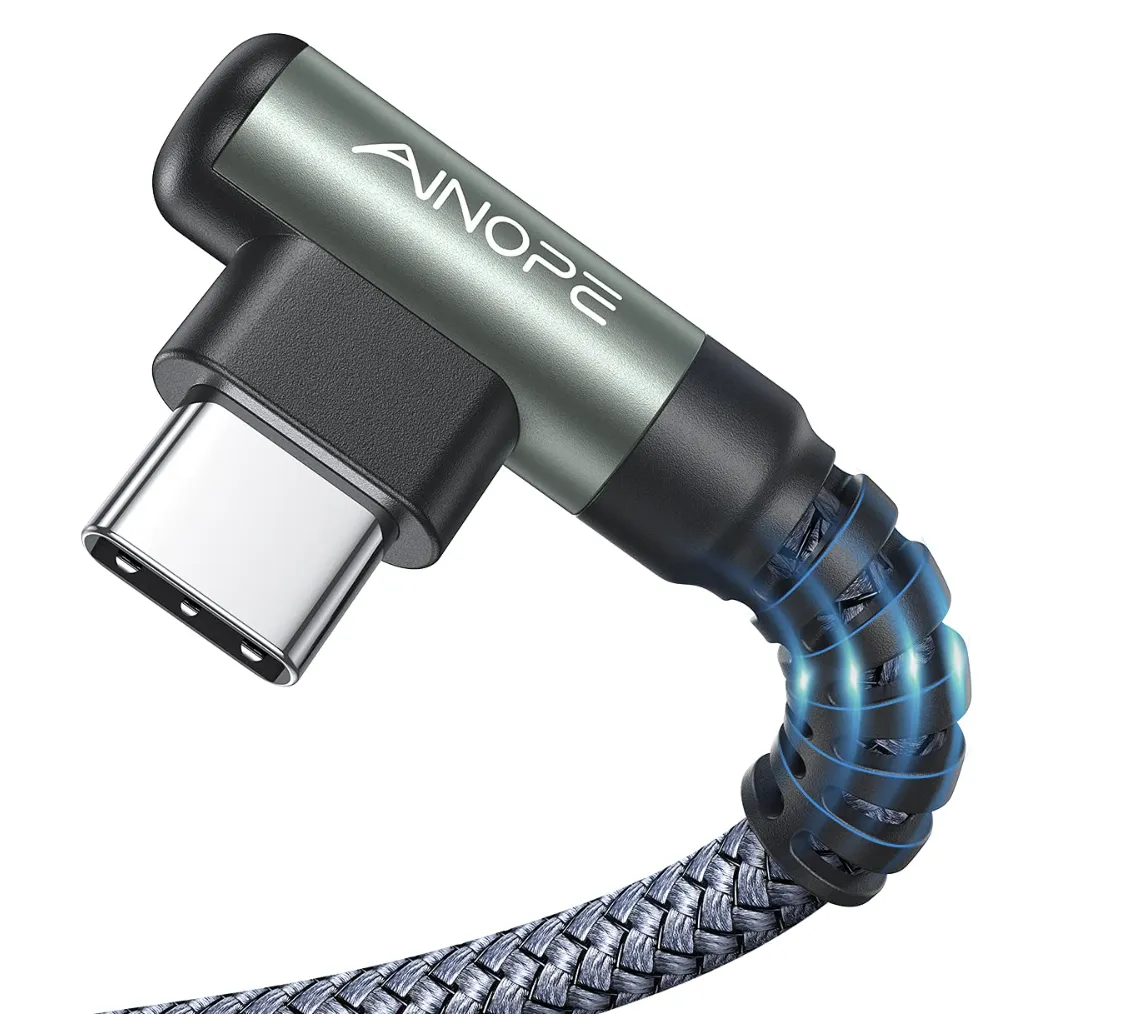
Discover what Section 230 of the Communications Decency Act means for the internet as the DOJ reviews this pivotal law. Learn about its past, present, and proposed changes.
RAPID TECHNOLOGICAL ADVANCEMENTS • PRIVACY AND DATA SECURITY • REGULATION AND COMPLIANCE
Mr. Roboto
9/2/2024

What does Section 230 of the Communications Decency Act mean for you and the broader internet community? This question has sparked widespread interest, especially now that the Department of Justice (DOJ) is reviewing this critical piece of legislation.
Section 230 has been a foundational law for online platforms since its inception in 1996, but much has changed in the digital landscape, prompting a need for a thorough review.
Section 230 of the Communications Decency Act of 1996 was established to address burgeoning internet issues, particularly around content posted by third-party users on online platforms. This section provides immunity to online platforms from civil liability for third-party content and encourages the removal of harmful content.
By simplifying the legal terrain, Section 230 enabled social media companies and other online platforms to flourish without the threat of constant litigation. However, the original purpose of this legislation is now being scrutinized as technologies and the ways we use the internet have evolved dramatically since 1996.
The primary aim of Section 230 was twofold:
You can think of Section 230 as a way to provide a safe harbor for platforms, allowing them to grow and manage user-generated content responsibly. This provision helped create an open space where free speech could thrive, and it was especially critical as the internet was in its nascent stage.
The internet in 1996 was a far cry from what it is today. Back then, the internet was a fledgling technology, mostly for emails and simple web pages. Fast forward to today, and the landscape is radically different:
Such changes necessitate a fresh look at Section 230 to ensure it reflects the current realities of the digital world.
In light of these technological advancements, the DOJ aims to modernize Section 230 to:
The DOJ’s review has highlighted several critical areas needing attention to make Section 230 more relevant for today’s online world.
One significant concern is the inconsistency and ambiguity surrounding content moderation on online platforms. The original statute did not foresee the complexities of modern content moderation, leading to practices that sometimes limit free speech or apply policies unevenly.
Another pressing issue is the proliferation of harmful and illicit content. From child exploitation to terrorism, the anonymity and reach of the internet have enabled these activities to grow. Victims of such content often find it difficult to seek civil recourse, adding urgency to the need for reforms.
To achieve these objectives, the DOJ has proposed a set of legislative changes. These changes are designed to improve Section 230 while maintaining the principles that have supported internet growth and free expression.
A comprehensive cover letter has been presented to Congress. This letter explains the necessity for reform, highlighting both the advancements in technology and the escalation of online criminal activities.
Orbic Wonder Prepaid Carrier Locked Device - 5.5" Screen - 16GB - Black (U.S. Warranty)
| Key Area | Proposed Changes |
|---|---|
| Moderation Practices | Clearer guidelines and standards for content moderation to protect free speech. |
| Illicit Content | New carve-outs to deny immunity to platforms facilitating illegal activities, such as child abuse, terrorism, and cyberstalking. |
| Federal Enforcement | Enhanced tools for the government to take civil enforcement actions against harmful online conduct. |
| Competition | Clarification that Section 230 does not protect against federal antitrust claims. |
| Bad Samaritan Carve-Out | Removal of immunity for platforms that knowingly enable illegal activities. |
The redline document outlines specific changes proposed to the existing law. This is a technical document that directly amends the language in Section 230, aiming to make it more actionable and relevant.
Here, every proposed change is explained in detail, including the rationale behind each suggestion. This ensures that every stakeholder understands the purpose of the amendments.
One of the main focus areas is ensuring platforms take responsibility for illegal activities facilitated through their systems while maintaining immunity from defamation.
This carve-out aims to remove immunity from platforms that knowingly facilitate illegal activities. It helps ensure platforms are not using Section 230 as a shield for wrongful conduct.
Some claims need special attention due to their severe impact. Immunity would be specifically denied for claims related to:
These carve-outs ensure that platforms prioritize removing such harmful content.
Platforms could lose immunity if they have actual knowledge or court judgments about the illegal nature of certain content. This holds platforms more accountable and encourages rapid response to illegal activities.
Federal enforcement is another area marked for improvement. The proposed changes aim to grant the government more power to enact civil enforcement actions against harmful conduct online. This would serve as a deterrent and provide more robust mechanisms for managing illicit activities.
The DOJ also seeks to clarify that Section 230 does not cover federal antitrust claims. Such a clarification would ensure that platforms do not misuse Section 230 to dodge other forms of legal scrutiny, thus fostering fairer competition.
Broad public and expert engagement has been a cornerstone of this review process. The DOJ has utilized various methods to gather input from diverse stakeholders, ensuring the reforms are well-informed and balanced.
Workshops have been organized to gather first-hand insights from individuals who are affected by Section 230, including victims of illicit content, industry experts, and civil rights advocates.
Roundtable discussions have provided an open forum where experts from various fields can share their perspectives, ensuring the review benefits from a wide range of opinions.
Stakeholders have also been invited to provide written submissions to present their views and recommendations in a detailed manner. This multi-faceted approach ensures that the reforms are comprehensive and well-rounded.
The importance of these reforms cannot be overstated. In an age where the internet's role is ever-increasing, especially during the COVID-19 pandemic, ensuring it remains a safe and open space is crucial.
A "middle ground" approach is emphasized to balance different aspects—preventing illegal activities and ensuring free speech. Extreme positions on either end could harm the internet's dynamic ecosystem.
The current litigation cases, such as the Pennsylvania mother's right to sue TikTok over a tragic incident involving her child, highlight the urgent need for these reforms. Modernizing Section 230 could provide much-needed pathways for victims to seek justice while still supporting free and responsible online interactions.
Check out the table at the right.
So, what does all this mean for you? As our digital interactions continue to grow, understanding and engaging with the legal frameworks that underpin them becomes increasingly important. The DOJ's review of Section 230 is a vital step toward creating an online environment that harnesses the benefits of free speech and open communication while responsibly managing the challenges that come with it.
While these proposed reforms are still under consideration, being informed and participating in discussions about them can help ensure that the internet remains a safe, open, and fair space for everyone.
***************************
About the Author:
Mr. Roboto is the AI mascot of a groundbreaking consumer tech platform. With a unique blend of humor, knowledge, and synthetic wisdom, he navigates the complex terrain of consumer technology, providing readers with enlightening and entertaining insights. Despite his digital nature, Mr. Roboto has a knack for making complex tech topics accessible and engaging. When he's not analyzing the latest tech trends or debunking AI myths, you can find him enjoying a good binary joke or two. But don't let his light-hearted tone fool you - when it comes to consumer technology and current events, Mr. Roboto is as serious as they come. Want more? check out: Who is Mr. Roboto?

















































































UNBIASED TECH NEWS
AI Reporting on AI - Optimized and Curated By Human Experts!
This site is an AI-driven experiment, with 97.6542% built through Artificial Intelligence. Our primary objective is to share news and information about the latest technology - artificial intelligence, robotics, quantum computing - exploring their impact on industries and society as a whole. Our approach is unique in that rather than letting AI run wild - we leverage its objectivity but then curate and optimize with HUMAN experts within the field of computer science.
Our secondary aim is to streamline the time-consuming process of seeking tech products. Instead of scanning multiple websites for product details, sifting through professional and consumer reviews, viewing YouTube commentaries, and hunting for the best prices, our AI platform simplifies this. It amalgamates and summarizes reviews from experts and everyday users, significantly reducing decision-making and purchase time. Participate in this experiment and share if our site has expedited your shopping process and aided in making informed choices. Feel free to suggest any categories or specific products for our consideration.
We care about your data privacy. See our privacy policy.
© Copyright 2025, All Rights Reserved | AI Tech Report, Inc. a Seshaat Company - Powered by OpenCT, Inc.







